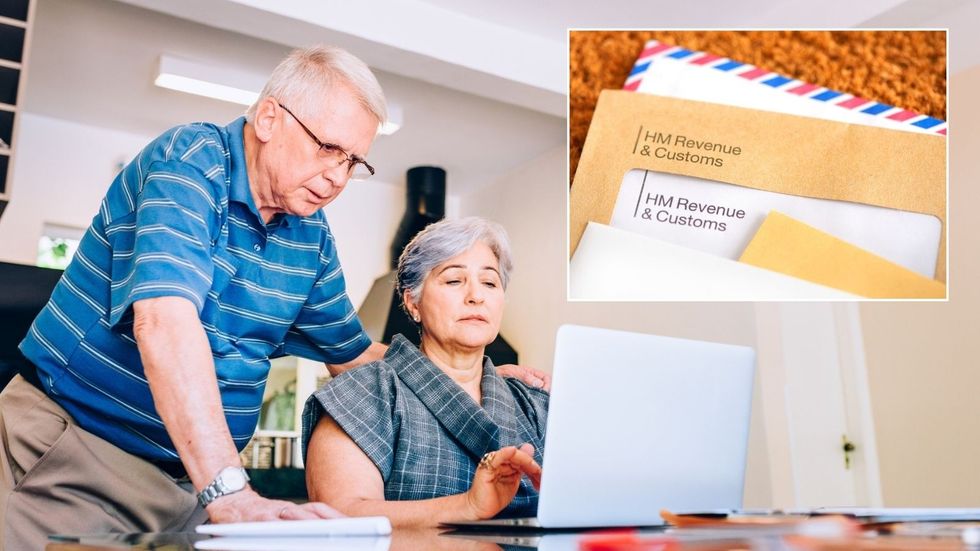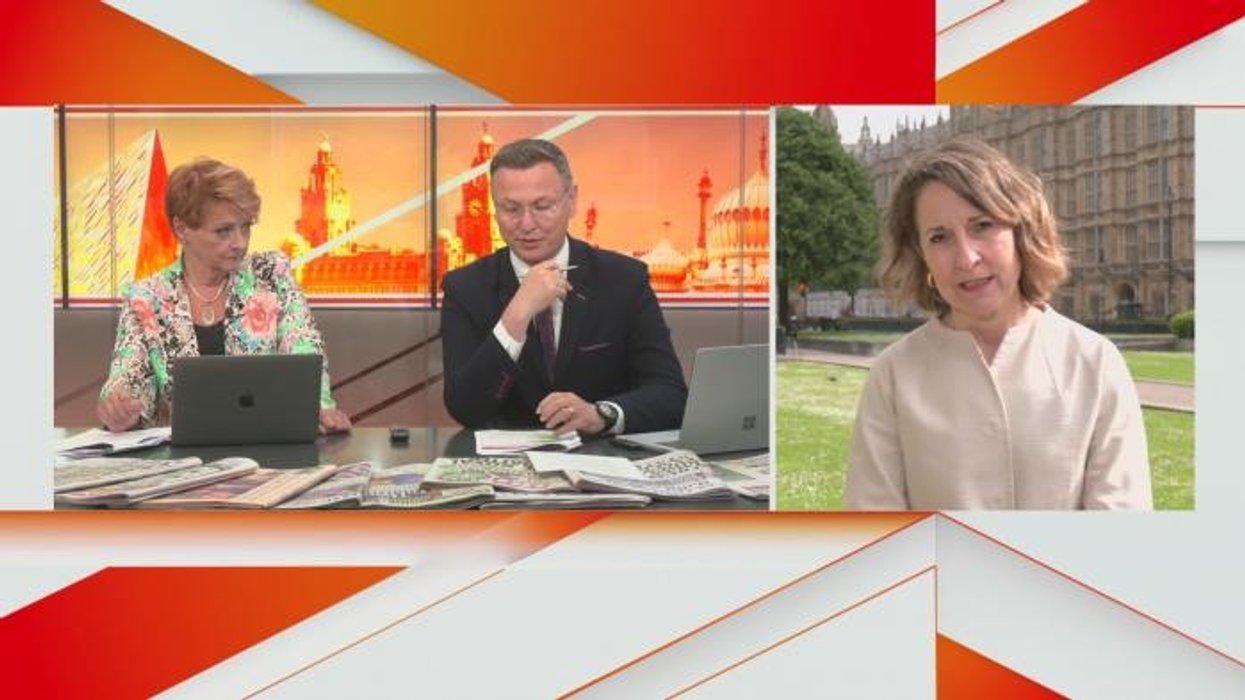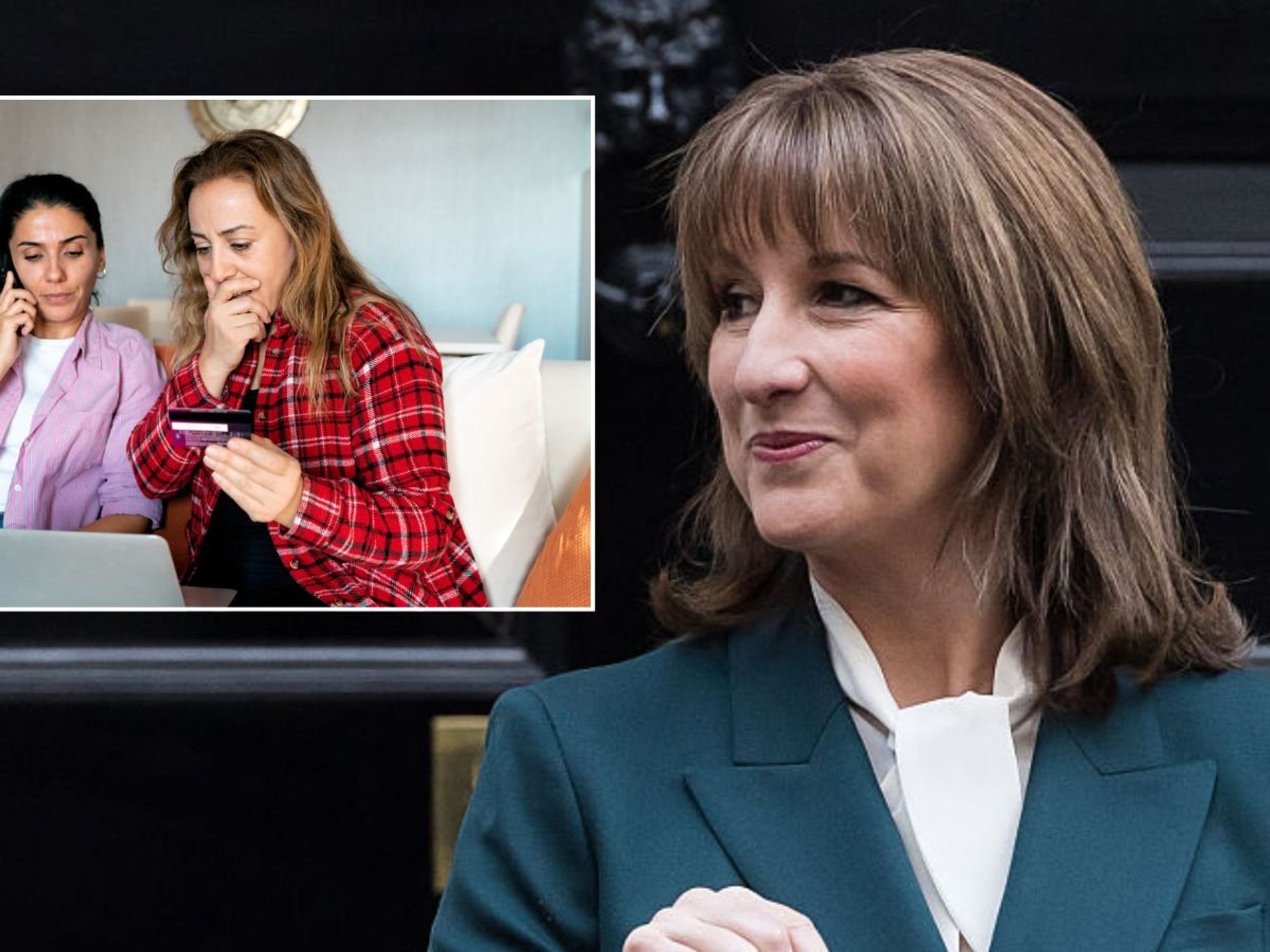HMRC warning: Pensioners hit with £100,000 tax bills ahead of Rachel Reeves tax raid

Taking large sums in a single year often pushes savers into higher tax brackets, resulting in significant tax liabilities
Don't Miss
Most Read
Hundreds of savers have been hit with tax bills of £100,000 or more after withdrawing large pension pots ahead of Labour's election victory.
Nearly 300 taxpayers handed over at least £98,700 to HMRC after cashing in pensions worth at least £250,000 more than the tax-free limit, new figures have shown.
The withdrawals occurred between October 2023 and March 2024, a period that saw significant political uncertainty ahead of the general election, according to analysis of Financial Conduct Authority data by retirement firm Standard Life.
This comes as Chancellor Rachel Reeves has announced plans to apply inheritance tax to private pension savings from April 2027.
A further 1,593 people withdrew pension pots worth between £100,000 and £249,000 during the same period, triggering tax bills of at least £27,400 each.
These substantial tax charges arise because while savers are allowed to take a 25 per cent tax-free lump sum from their pension pot up to a maximum of £268,275, income tax is due on the remainder.

A huge number of people are paying a disproportionate amount of tax to access their pension
| GETTYThe Chancellor had reportedly considered reducing the tax-free allowance to as little as £100,000 ahead of her October Budget, potentially adding to concerns among pension holders.
Mike Ambery, retirement savings director at Standard Life, said: "A huge number of people are paying a disproportionate amount of tax to access their pension.
"It's impossible to know whether their individual circumstances warranted them taking such a big tax hit, but for the vast majority of people, it's something they'll want to avoid."
Former pensions minister, Sir Steve Webb, now a partner at consultancy LCP, noted that half of those taking their full pots of more than £250,000 were under 65.

Pension contributions made from income during working life are totally tax-free
| GETTYHe suggested the money might be used to buy bigger homes, pay off mortgages, or help children with housing, weddings or university costs.
Webb added that some may mistrust the pensions industry or have been "spooked" by market volatility.
Tom Selby, of online platform AJ Bell, cautioned: "The nature of the pension freedoms reforms means people are perfectly entitled to make a decision like this if they choose, and some may decide that the extra tax hit is worth it if they need or want to spend the money now."
LATEST DEVELOPMENTS:
He warned that those withdrawing and spending their pension quickly "risk facing a difficult road paying for their later years."
A Treasury spokesman defended the Government's position, saying: "The Government is on the side of pensioners and savers, which is why we encourage pension saving by providing around £70billion a year in pension tax relief to help ensure that people have an income, or funds on which they can draw, throughout retirement."
The Treasury spokesman further stated: "For the majority of savers, pension contributions made from income during working life are totally tax-free."

Financial experts advise pensioners to carefully consider the tax implications before making large withdrawals from their pension pots
| GETTYFinancial experts advise pensioners to carefully consider the tax implications before making large withdrawals from their pension pots.
Taking substantial sums in a single tax year can result in unnecessarily high tax bills that could potentially be avoided through more strategic planning.
With the upcoming changes to inheritance tax rules for pensions from 2027, savers may wish to consult financial advisers about the most tax-efficient ways to manage their retirement funds and pass on wealth to future generations.
More From GB News











